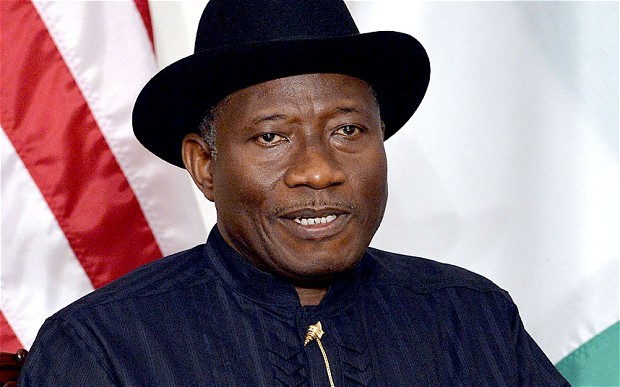
The Federal Government has announced the suspension of the controversial National Automotive Industry Development Plan (NAIDP) created in 2013 by the administration of former President Goodluck Jonathan.
The Minister of Industry, Trade and Investment, Adeniyi Adebayo, who disclosed this in Lagos on Friday, said that government was already planning to send a fresh auto policy bill to the National Assembly that would contain the inputs and views of auto stakeholders, private sector operators and interests of Nigerians in a bid to achieve inclusive industrialization growth in vehicles manufacturing in Nigeria.
Several stakeholders including the organised private sector had mounted pressure on the Federal Government to suspend the policy, which they argue, has fuelled smuggling of fairly used vehicles into Nigeria.
The policy raised the import duty of vehicles from 10% to 35% with an additional 35% surcharge.
The minister explained that the six-year-old auto policy has failed to achieve the desired outcome for the country’s industrialisation bid in vehicle manufacturing and impact positively on businesses of auto manufacturers.
He noted that that President Muhammadu Buhari refused to assent to the recently passed auto policy bill by the 8th National Assembly following pressure from the OPS and auto stakeholders on the implication for the country’s economy, especially since the old auto policy already adversely impacted on the cost of doing business, welfare of the people, government’s revenue and the capacity of the economy to create jobs, including causing massive trade diversion to neighboring countries.
According to him, since he resumed as the country’s Minister for Industry, Trade and Investment, he has been inundated with public outcry, stiff opposition from the OPS for a review of the country’s auto policy since the one instituted by the Jonathan administration in 2013 was long overdue without any meaningful impact on the development of vehicle manufacturing in the country.
He said, “When this new administration came in this year and I was appointed as the Minister of Industry, Trade and Investment, the automotive policy is one of the things my ministry looked at. Unfortunately, a bill has been prepared by former administration and it has been brought to the attention of Mr. President to sign it by the previous National Assembly, having passed the bill. Then when Mr. President received it, he passed it out to the stakeholders and from the responses he received from them, he felt that it was not well received and accepted by them. That is why he refused to assent to it.
“What we have decided to do in my ministry is to engage all the stakeholders and we are going to start a fresh auto policy and get it right. The last one that was done was not gotten right and we want to get it right this time around.
“So, we are going to engage all the stakeholders. Within the next couple of weeks, I want to visit all assembly plants in the country and call a meeting of all the owners of such plants for us to deliberate on a new auto policy for the country.
“This government is desirous in seeing to it that cars can be gotten by citizens at affordable and cheaper prices. So, we need to sit down with you (owners), we need to engage you and what can be done so we can produce cheap vehicles that Nigerians can buy and use.
“So, that is where we are as a government and I can assure you we are going to engage you and you will advise us on the direction to go. You are the people who are going to prepare whatever policy we want to come up for the auto sector. So, we need you and we need to benefit from your experience.”